Some TV shows don’t just define themselves, they define an entire era of entertainment. Across decades of television history, a select group of era-defining TV shows have done more than pull in high ratings, they’ve shaped the culture around them. Their finales, therefore, feel like more than just endings – they signal that something bigger is concluding.
The final episodes of era-defining TV shows often become their most scrutinized. Whether they satisfy expectations or divide their audiences, these finales carry a unique weight. Even a show that limps to its end can still represent the closing of a cultural chapter. Plus, for the very best, a solid last episode cements their legacy as one of television’s greats.
These iconic TV show finales didn’t just wrap up a story – they marked the end of an era. Each of these series stood at the center of the pop culture conversation during their run, and their endings became landmark TV moments in their own right. Some went out with a bang, others with a whisper, but all left a lasting impact.
11
Buffy the Vampire Slayer (1997-2003)
Proof That Genre TV Could Be Emotionally Groundbreaking
Buffy the Vampire Slayer’s finale wasn’t just the end of a supernatural teen drama – it marked the conclusion of a series that redefined what genre TV could be. With its mix of horror, humor, and heavy emotional themes, Buffy became an era-defining TV show by championing character growth and serialized storytelling years before it became the norm.
Few shows have managed to blend metaphor and monster-of-the-week structure so effectively since.
In “Chosen,” Buffy (Sarah Michelle Gellar) leads a final stand against the First Evil. The finale makes bold moves, including the destruction of Sunnydale and the empowering of potential slayers across the world. It’s a moment that captures the show’s feminist ethos while closing the door on a defining chapter in late ‘90s and early 2000s TV.
Though Buffy continued briefly in comic form, the series’ 2003 finale felt like the end of a golden age for ambitious, writer-driven TV on niche networks. Few shows have managed to blend metaphor and monster-of-the-week structure so effectively since. The final episode marked not only the end of Buffy’s journey, but the end of one of television’s most influential eras.
10
The Wire (2002-2008)
Crime Dramas Have Never Been The Same Since
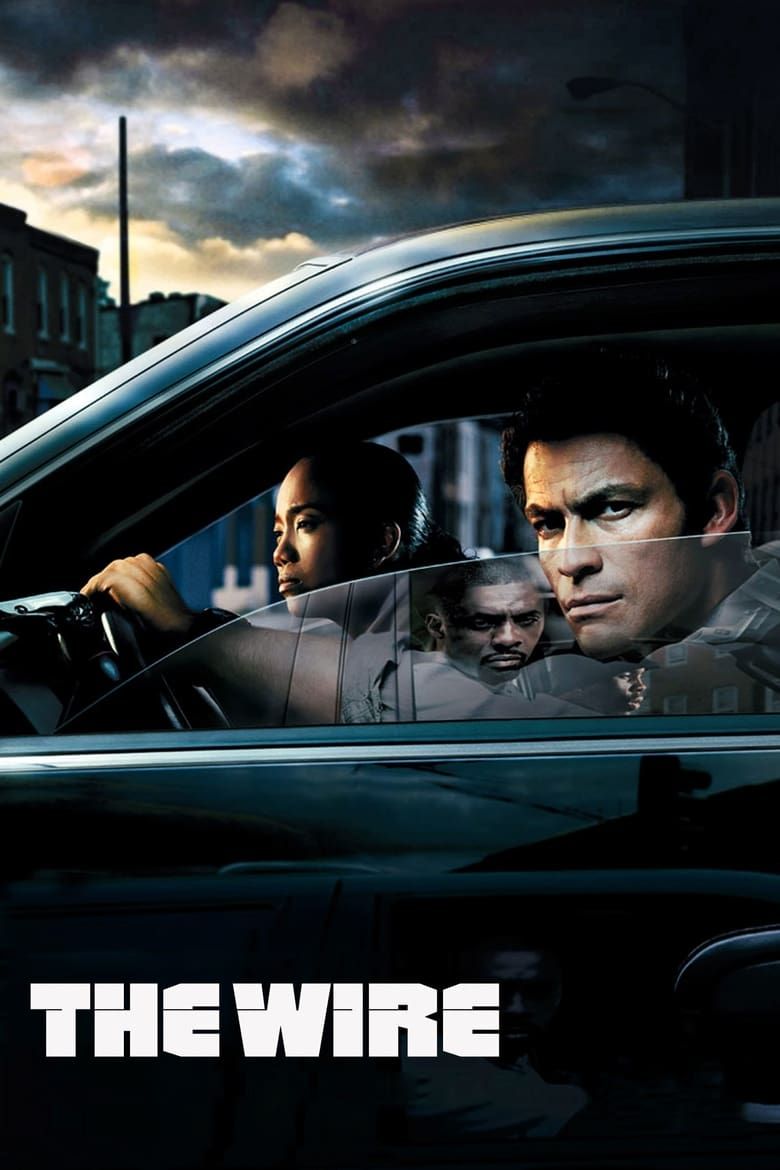
The Wire
- Release Date
-
2002 – 2008-00-00
- Network
-
HBO
- Showrunner
-
David Simon
-

Dominic West
Jimmy McNulty
-

Lance Reddick
Cedric Daniels
David Simon’s The Wire was always bigger than its plot. It dissected institutions – the police, schools, politics, media – with a journalistic precision rarely seen on TV. By the time its fifth and final season aired in 2008, The Wire had become an era-defining TV show by showing the complex, interconnected machinery behind urban America.
A baton handoff from idealism to realism in storytelling.
The finale of The Wire, “-30-,” doesn’t tie everything up. Instead, it reiterates that the cycle of systemic dysfunction never ends. As McNulty (Dominic West) walks away from the force, we see his replacement echo his behavior. Characters rise, fall, or simply survive, but no one wins. It’s an ending that favors truth over sentimentality.
While The Wire never had the ratings of other prestige dramas, its cultural impact was enormous. Its finale marked the end of one of TV’s most politically and socially conscious runs, a baton handoff from idealism to realism in storytelling. When The Wire ended, so too did an era of television that believed in complexity over catharsis.
9
Shameless (2011-2021)
Working-Class Chaos Never Resonated So Strongly
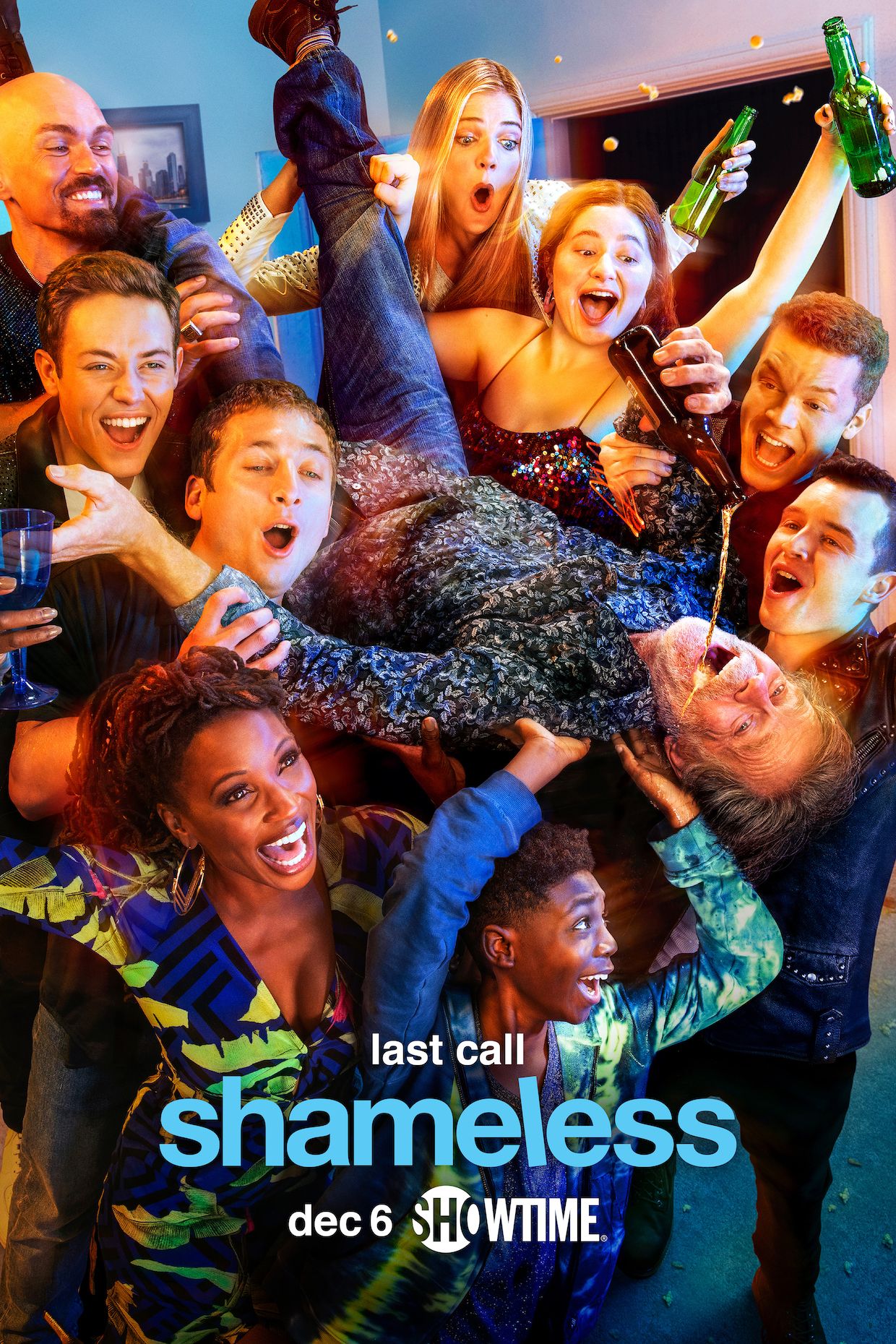
Shameless
- Release Date
-
2011 – 2021-00-00
- Network
-
Channel 4
- Showrunner
-
John Wells
Across 11 seasons, Shameless gave TV something rarely seen in its era-defining run – a raw, unfiltered look at economic hardship that didn’t come wrapped in sentimentality. Messy, manic, and wildly inconsistent at times, it was also deeply human. The Gallagher’s weren’t a model family, but they were real.
The ending of Shameless signaled the end of an era where shows could be both proudly chaotic and culturally vital.
Its finale, “Father Frank, Full of Grace,” aired in 2021 and served more as a character study than a satisfying plot resolution. Frank Gallagher (William H. Macy) dies alone in a hospital bed while his kids party on, unaware. It’s a somber, bleak end that fits the show’s ethos: life goes on, whether you clean up your messes or not.
Shameless outlasted its contemporaries and never fully embraced the prestige model that came to dominate TV. The ending of Shameless signaled the end of an era where shows could be both proudly chaotic and culturally vital. With its exit, TV felt just a little more polished, and a little less honest.
8
The Walking Dead (2010-2022)
The Pinnacle Of Small-Screen Pop-Culture Dominance
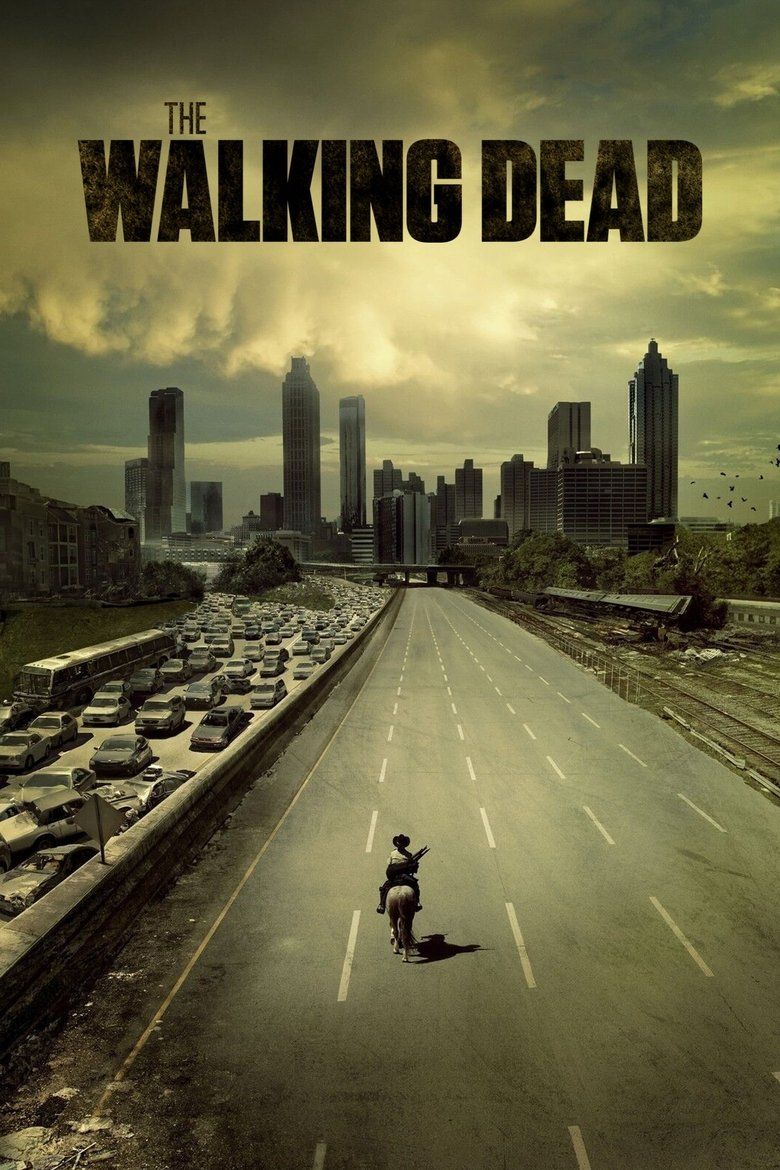
The Walking Dead
- Release Date
-
2010 – 2022
- Showrunner
-
Frank Darabont, Angela Kang, Scott M. Gimple, Glen Mazzara
-

Norman Reedus
Daryl Dixon
-

Melissa McBride
Carol Peletier
At its peak, The Walking Dead was the show – a juggernaut that transcended genre and launched a zombie renaissance across media. From the premier to the mid-2010s, TWD was considered unmissable by legions of fans. By the time it ended in 2022 with “Rest in Peace,” it was no longer the cultural titan it once was, but it was still an era-defining TV show.
The Walking Dead was a defining part of 2010s TV – and its finale was the last breath of a cultural phenomenon.
The finale of TWD juggled reunions, deaths, and teases for multiple spin-offs. It wasn’t as emotionally resonant as earlier milestones, but it still delivered closure to longtime fans. Rick (Andrew Lincoln) and Michonne (Danai Gurira) even returned briefly, hinting at new stories beyond the original series.
While the TWD universe continues to expand, the original show’s finale closed the door on a TV era dominated by grim survivalism, shocking deaths, and post-apocalyptic moral dilemmas. Love it or hate it, The Walking Dead was a defining part of 2010s TV – and its finale was the last breath of a cultural phenomenon.
7
Breaking Bad (2008-2013)
One Of TV’s Most Perfect Final Acts
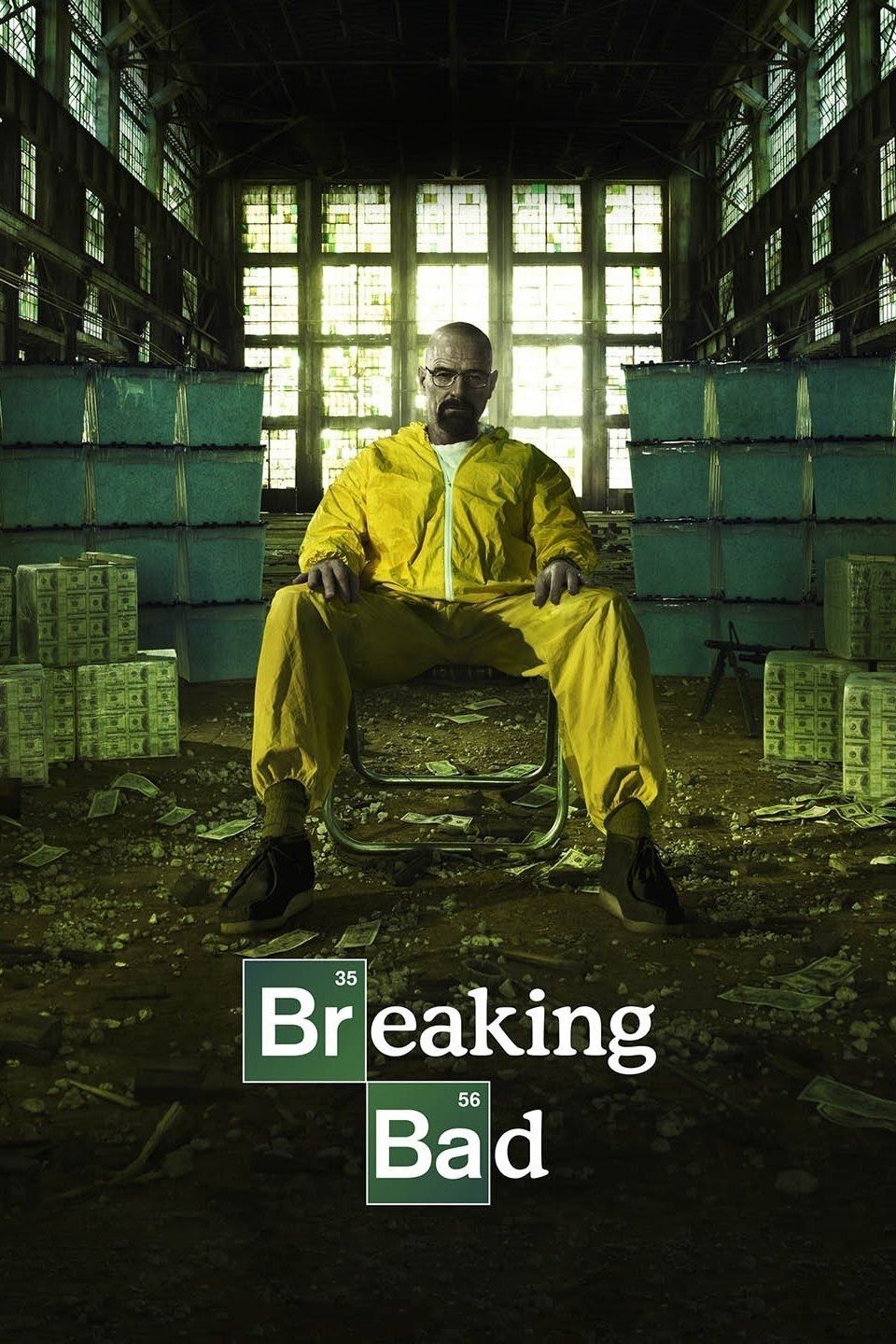
Breaking Bad
- Release Date
-
2008 – 2013-00-00
- Showrunner
-
Vince Gilligan
Few shows stuck the landing like Breaking Bad. When “Felina” aired in 2013, it wrapped up Walter White’s (Bryan Cranston) descent with satisfying finality. From high school chemistry teacher to meth kingpin, his story closed on a note of bloody redemption – and it was one of the most-watched finales of the time.
This ending felt like the capstone on television’s “antihero era.”
Breaking Bad was the rare era-defining TV show that managed to grow in popularity and quality throughout its run. Its finale didn’t leave room for much ambiguity – a contrast to other prestige dramas – but it offered exactly what the show’s meticulous plotting promised. Walt got what was coming, and Jesse (Aaron Paul) got away.
This ending felt like the capstone on television’s “antihero era.” After Breaking Bad, it became harder for new shows to break similar ground without feeling derivative. It wasn’t just the end of Walt’s story – it was the final chapter in an era that redefined how morally complex TV protagonists could be.
6
The Office (2005-2013)
The Swan Song Of A Genre-Redefining Sitcom
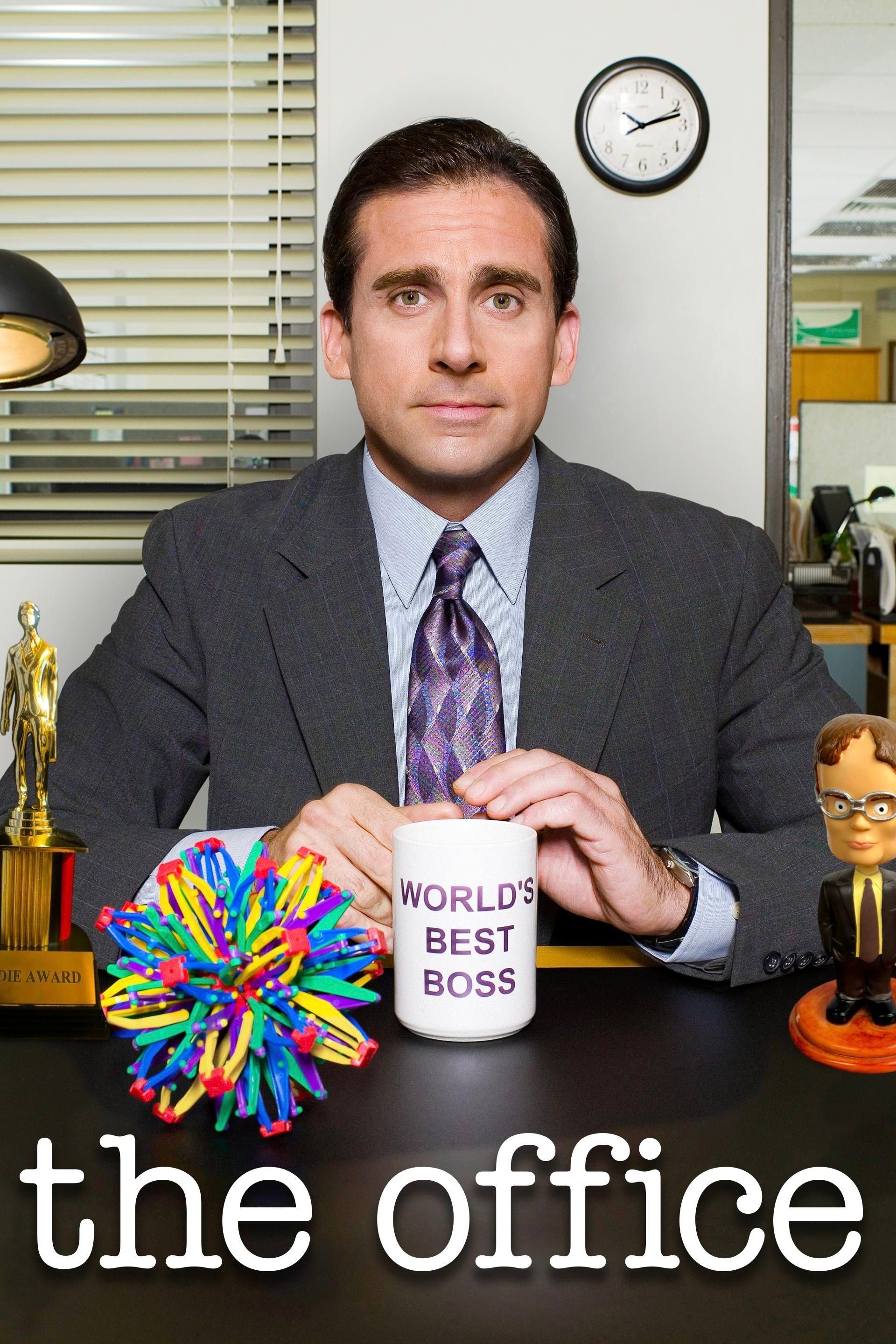
The Office
- Release Date
-
2005 – 2013-00-00
- Showrunner
-
Greg Daniels
When The Office ended in 2013, it closed out one of the most beloved sitcom runs in modern TV. What began as a modest remake of a UK series became an era-defining TV show thanks to its documentary format, endlessly quotable writing, and career-defining performances – especially from Steve Carell as Michael Scott.
When it ended, it left a massive void in the TV comedy landscape.
In “Finale,” the Dunder Mifflin employees reunite for Dwight (Rainn Wilson) and Angela’s (Angela Kinsey) wedding. Michael returns in a surprise cameo, Pam (Jenna Fischer) and Jim (John Krasinski) move on, and the show ends with reflections on ordinary life. It’s sweet, simple, and deeply satisfying.
The Office marked the end of a time when network comedies ruled pop culture conversation. Its finale felt like saying goodbye not just to the characters, but to a specific kind of heartfelt workplace comedy that has become increasingly rare. When it ended, it left a massive void in the TV comedy landscape.
5
Seinfeld (1989-1998)
A Finale That Broke The Rules And Divided The Audience – Just Like The Sho
Seinfeld didn’t just redefine sitcoms, it reshaped the entire landscape of ‘90s television. As an era-defining TV show, it was unapologetically self-absorbed, meta, and irreverent, influencing countless comedies that followed. By the time it ended in 1998, it had become a cultural phenomenon unlike anything before it.
Seinfeld’s ending was perfectly in line with the show’s DNA.
The infamous Seinfeld finale put Jerry (Jerry Seinfeld), George (Jason Alexander), Elaine (Julia Louis-Dreyfus), and Kramer (Michael Richards) on trial for a “Good Samaritan” law violation. A parade of returning guest stars testifies to their selfishness, and the four end up in jail. It was a bold choice, one that frustrated many fans expecting a more heartfelt farewell.
While divisive, Seinfeld’s ending was perfectly in line with the show’s DNA. It rejected sentimentality and embraced its own absurdity. The finale wasn’t just the end of a sitcom – it marked the closing of a defining chapter in TV history when network comedies could still pull in tens of millions of viewers weekly. After Seinfeld, everything changed.
4
Friends (1994-2004)
The End Of Sitcoms As Entertainment Comfort Food
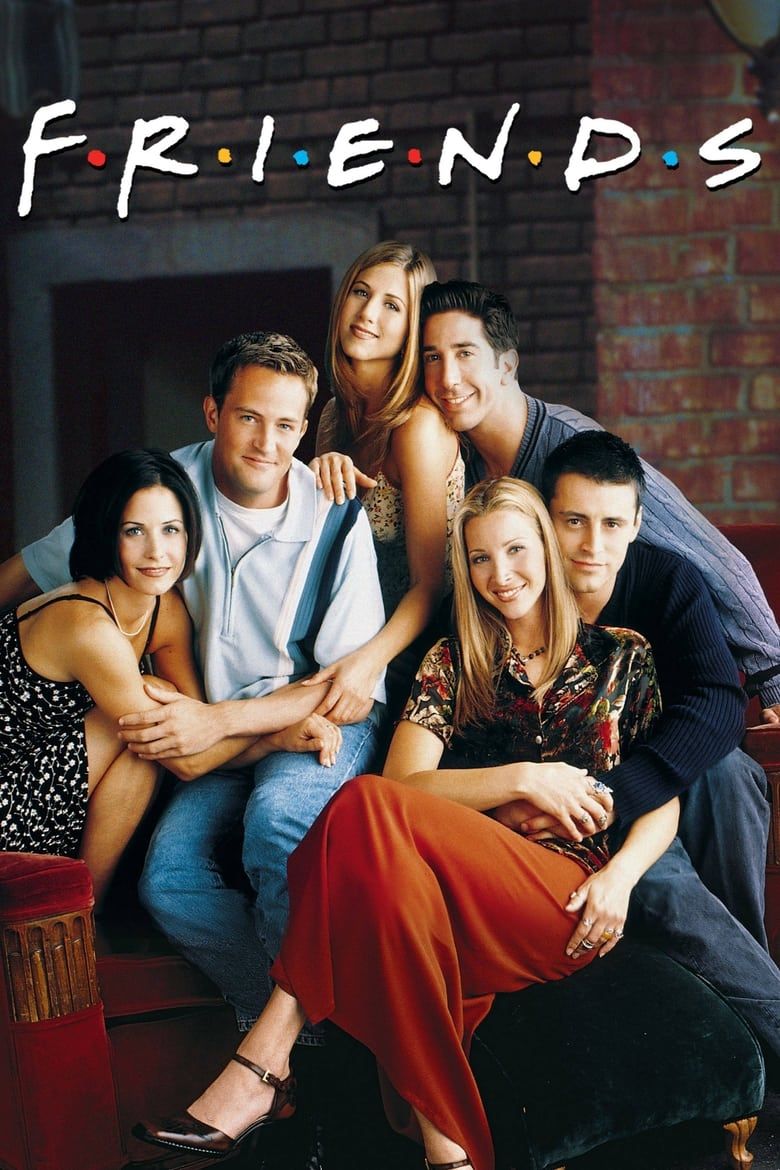
Friends
- Release Date
-
1994 – 2004
- Showrunner
-
Marta Kauffman
By the time Friends aired its final episode in 2004, it had spent a decade as one of TV’s most-watched, most-quoted, and most beloved shows. Its finale, “The Last One,” gave viewers exactly what they wanted – romance, closure, and just enough emotion to make it feel final without being tragic.
A cultural milestone that signaled the end of a warm, laughter-track era.
Ross (David Schwimmer) and Rachel (Jennifer Aniston) reunite, Monica (Courteney Cox) and Chandler (Matthew Perry) become parents, and the group leaves Monica’s apartment for the last time. It’s a sentimental, safe goodbye – and for an era-defining TV show that prized familiarity and friendship, it was the right call.
The end of Friends marked a shift in sitcom television. The multi-camera studio audience format would slowly fade as shows like The Office and Arrested Development changed the genre. Friends ended on its own terms, and its finale remains one of the most-watched episodes of all time, a cultural milestone that signaled the end of a warm, laughter-track era.
3
Game Of Thrones (2011-2019)
A Send-Off That Collapsed Under The Weight Of Its Own Legacy
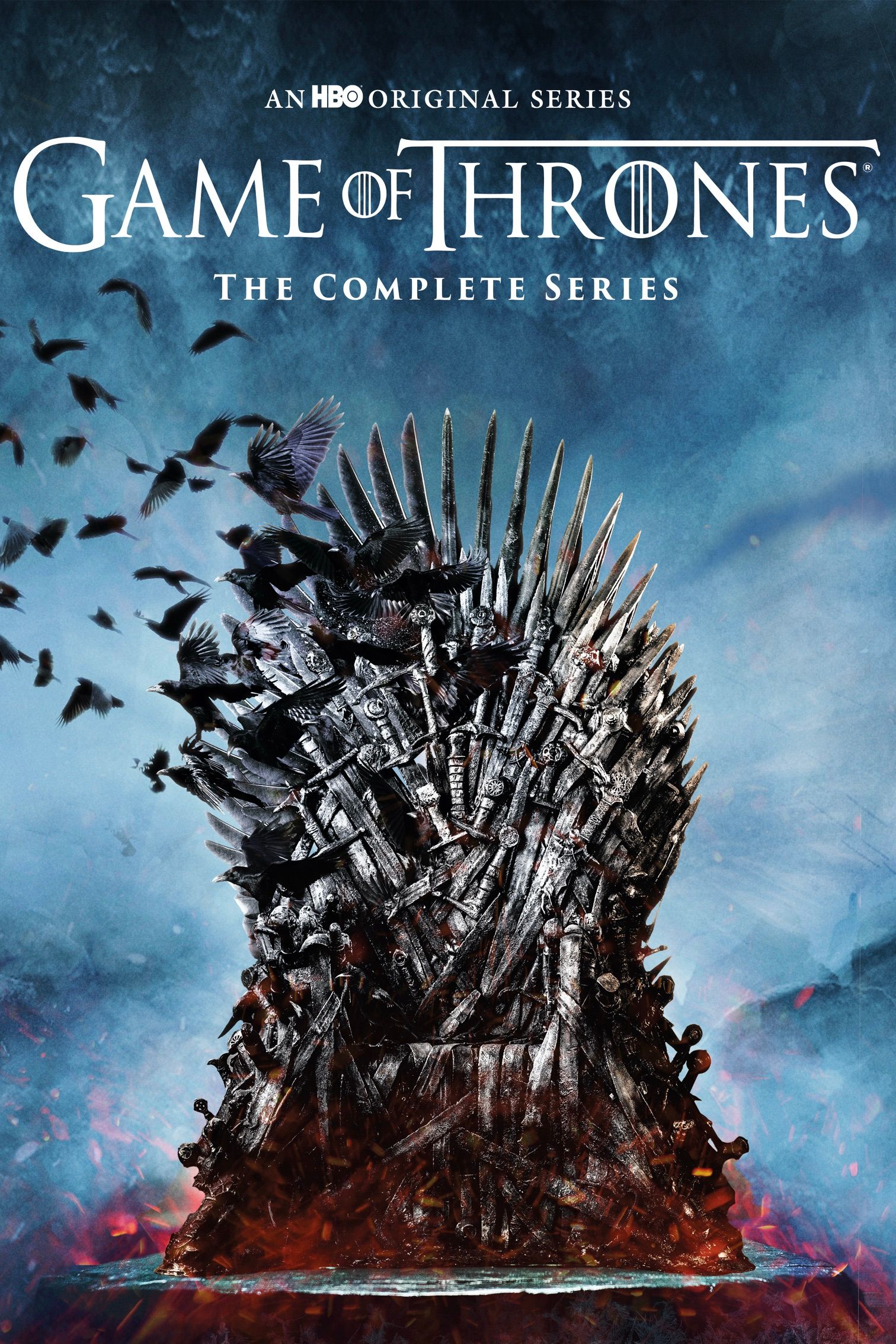
Game Of Thrones
- Release Date
-
2011 – 2019-00-00
- Showrunner
-
David Benioff, D.B. Weiss
- Directors
-
David Nutter, Alan Taylor, D.B. Weiss, David Benioff
When Game of Thrones debuted in 2011, it revolutionized TV production value and mainstreamed epic fantasy. It quickly became an era-defining TV show, commanding global attention, setting social media ablaze, and delivering some of television’s most shocking twists. However, by its final season in 2019, cracks in the foundation were visible.
The Game of Thrones finale still marked the end of one of the most ambitious shows in television history.
The final episode of GoT left many fans disappointed. Daenerys (Emilia Clarke) dies, Bran (Isaac Hempstead Wright) becomes king, and Jon Snow (Kit Harington) fades into exile. The pacing felt rushed, major character arcs went unresolved or collapsed, and the overall tone was far more somber than triumphant.
Despite its flaws, the Game of Thrones finale still marked the end of one of the most ambitious shows in television history. Its cultural reach was unmatched, and its conclusion ended a near-decade-long era where fantasy was mainstream and Sunday nights meant dragons, betrayal, and fire. When it ended, it left a pop culture vacuum – and a bitter aftertaste.
2
Lost (2004-2010)
Confusing Complexity Until The Very End
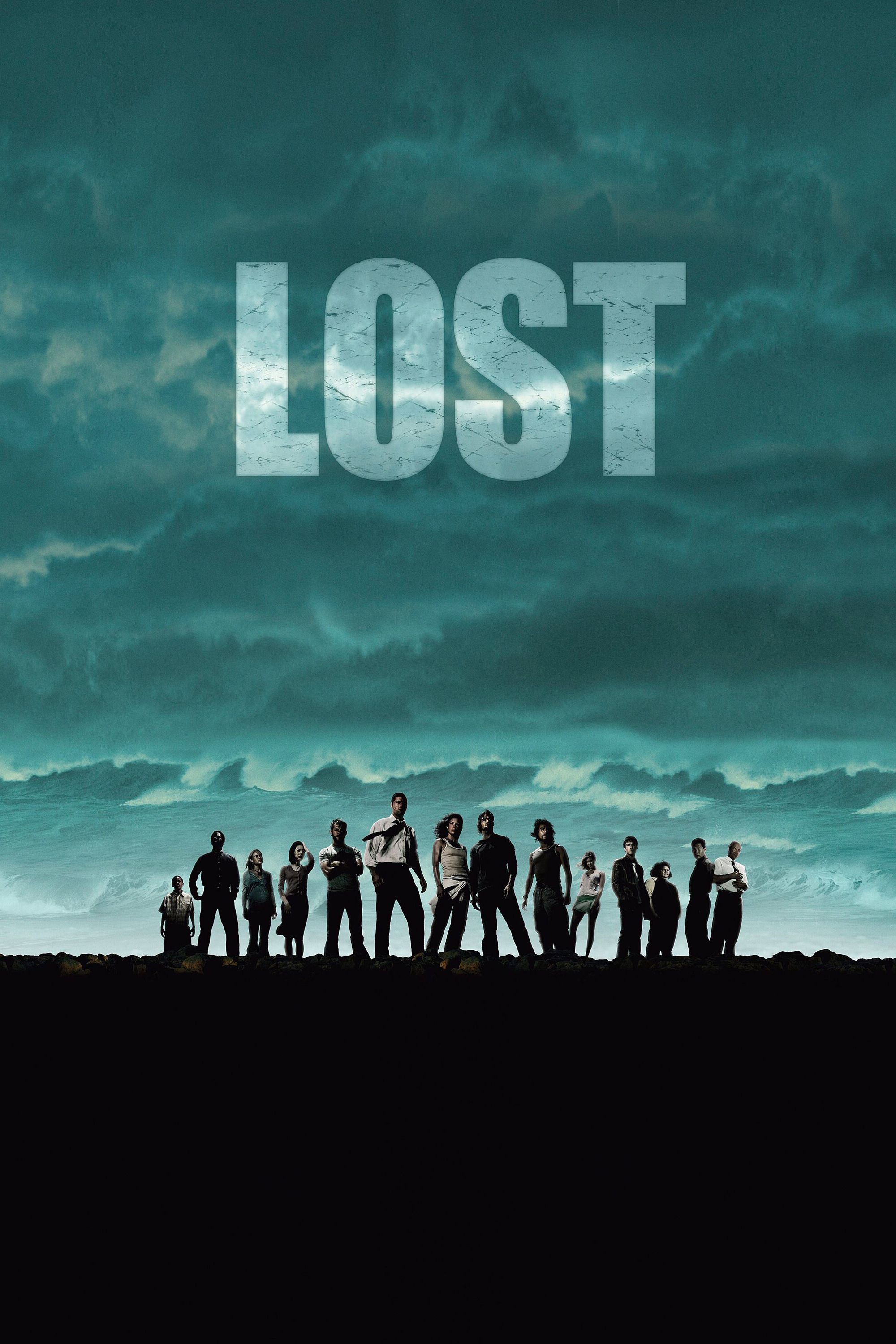
Lost
- Release Date
-
2004 – 2010-00-00
- Showrunner
-
Damon Lindelof, Carlton Cuse
Lost captivated audiences like few shows ever have. Its mystery box storytelling, deep character work, and genre-blending ambition made it an era-defining TV show in the mid-2000s. For many, the Lost finale in 2010 was a spiritual, emotional sendoff. For others, it was a frustrating dodge of the show’s core mysteries.
The close of an era where network TV could still command watercooler conversation on a global scale.
The final episode of Lost reveals the “flash-sideways” timeline to be a kind of purgatory where the characters reunite in death. Jack (Matthew Fox) dies on the island, completing his arc of self-sacrifice, and the show closes with a mirror of its opening shot – poetic, but ambiguous.
While its answers left some cold, Lost’s finale cemented the idea that serialized TV could inspire fan theories, endless dissections, and years-long debate. It also showed the risks of over-promising. The show’s ending wasn’t perfect, but it was momentous – the close of an era where network TV could still command watercooler conversation on a global scale.
Source link






.png?w=150&resize=150,150&ssl=1)













Add Comment